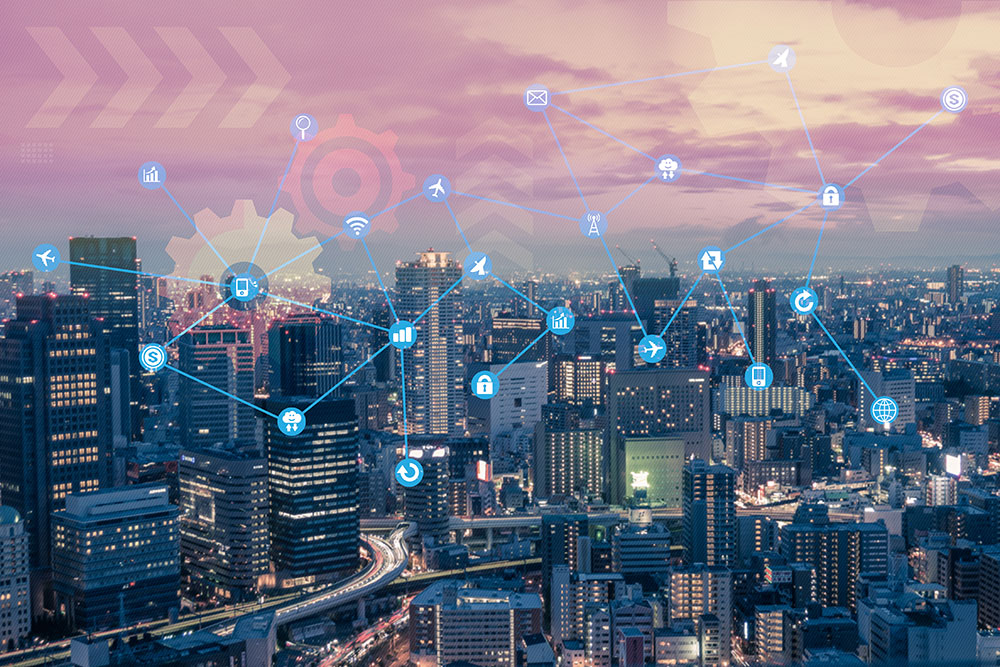Nokia has launched services to solve challenges of urbanisation. IoT for Smart Cities and Sensing as a Service introduce the benefits of IoT in building economically and environmentally sustainable cities. For urban safety, Nokia introduces S-MVNO for Public Safety service, which enhances commercial LTE networks to meet mission-critical requirements of public safety agencies.
IoT for Smart Cities is a fully-integrated, modular and scalable framework which enables operators and master systems integrators to take advantage of unified smart city management while unlocking new revenue streams by rapidly launching new services. Powered by cross-application data sharing, analytics and automation, Nokia’s Integrated Operations Center (IOC) orchestrates all smart city operations for enhanced efficiency, faster responsiveness and improved decision making. Blueprint applications include video surveillance, smart lighting, parking, waste management and environmental sensing.
Sensing-as-a-Service provides real-time environmental data and intelligent analytics that operators can monetise by offering CAPEX-free data services to enterprises, cities, public safety authorities and governments. Operators can utilise existing base station sites, with Nokia deploying sensors and integrating all available site equipment into an IoT real-time monitoring platform. Sensing-as-a-Service enables possibilities to detect unusual environmental behaviour like illegal construction, trash burning or unusual particles in the air. Sensing-as-a-Service is powered by a blockchain enabling smart contracts: anonymised, private and secure micro-transactions that allow operators to monetise analysed data and generate new revenue streams.
S-MVNO (Secure Mobile Virtual Network Operator) for Public Safety enables operators to leverage their commercial LTE networks to offer mission-critical broadband services to public safety agencies and thus, generate new revenue streams. The 3GPP-compliant service, which is part of Nokia’s ViTrust portfolio, helps commercial LTE networks fulfil stringent requirements on availability, resilience, performance and security while ensuring interoperability with existing legacy public safety networks. Nokia’s end-to-end service expertise helps to assure mission-critical communications performance for high priority first responders across the entire LTE network, including radio, backhaul and core, for extreme reliability.
Asad Rizvi, Head of Global Services Business Development at Nokia, said: “Cities need to become digital in order to efficiently deliver services to their habitants. Smart infrastructure, which is shared, secure and scalable, is needed to ensure urban assets and data are efficiently used. We can help cities with that. In addition, we can help operators generate new revenue utilising their existing network by providing solutions for smart city players, such as city, transport, travel and public safety authorities.”
Click below to share this article

